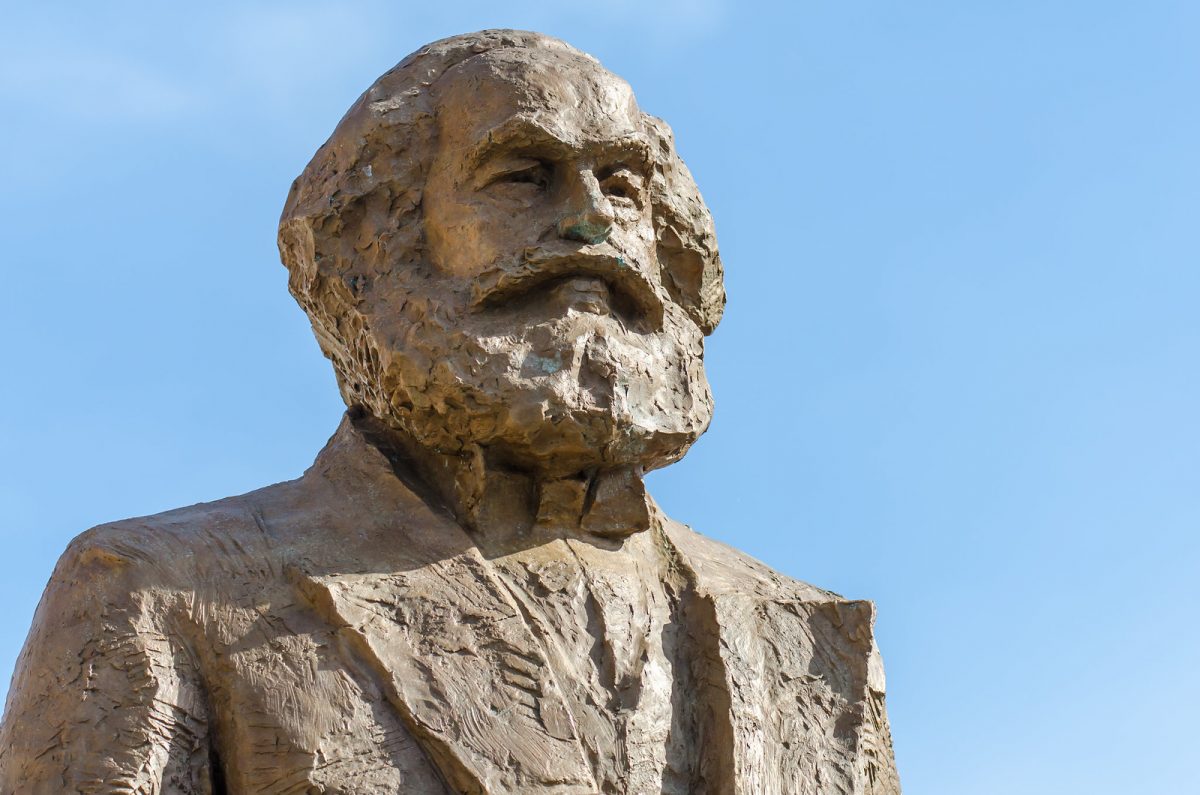by JEREMY GONG

Reading Marxist theory isn’t just for highfalutin academics — just ask the millions of workers whose ideas about the role they could play in changing the world were transformed by both study and practice.
When I first got involved in the newly reborn US socialist movement, I was inspired to read. Marxist theory, labor and social movement history, overviews of working-class parties from around the world — I knew that there was an incredible amount of knowledge just sitting around on bookshelves that my comrades and I could use to be better organizers. I quickly ran into one problem, though: years of social media, TV, memes, group chats, and video games have melted my brain, making sustained reading a herculean challenge.
So I can sympathize with the claim I’ve heard occasionally among left activists: that while organizing and action is essential for socialists, and effective political communication like making memes is important, too, expecting such activists to study Marxist theory is somehow elitist. This view, however, would be baffling to the millions of poor and working people all around the world since the late nineteenth century who found inspiration and guidance in Marxism as they built massive movements for social transformation.
In fact, at the height of mass socialist movements in Europe in the late nineteenth and early twentieth centuries, Marxist theorists worked closely with countless factory workers to distribute radical literature. Those theorists saw this as one of their movement’s primary tasks. Their faith in the power of reading and education made Marxists distinct — not for their elitism, but for their faith in the intellectual, organizational, and political capacities of the working masses. Reading was about workers’ self-empowerment, not their subjugation.
Revolutionary Reading Rainbow
In Old Gods, New Enigmas, Mike Davis explains, “reading ‘ignited insurrections in the minds of workers.’ …The rapid growth of the labor and socialist press in the last quarter of the century nourished an increasingly sophisticated political world view.” Not only could these supposedly uneducated masses read, but poor workers put theory into practice to expand freedom: in many European countries, it was nineteenth-century socialist workers, not bourgeois liberals, who fought and died for “bourgeois” democratic rights like free elections and freedom of association.
Jacobin for more
